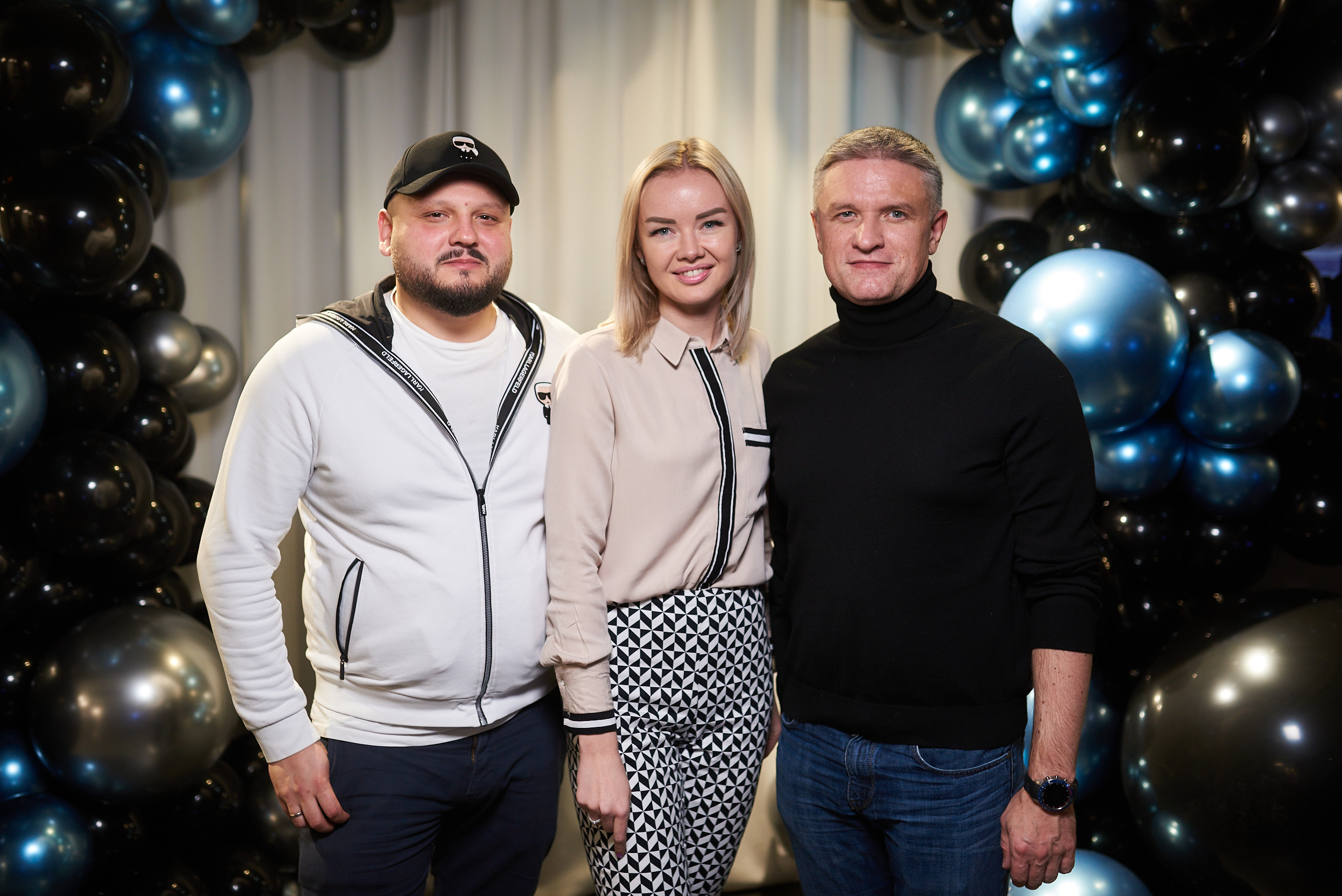
IT FUCKUP NIGHT BY EASE
Annoying Romanians, destruction of 25k cars and charity lots: Ukrainian businessmen shared their fuckups on IT FuckUp Night by EASE
Without fuckups, there is no growth. But no matter how positive the consequences of growth may be, you cannot prepare for failures and do not plan them in the Google calendar. However, one can and should learn from someone else’s mistakes in order not to make one’s own. It is at IT FuckUp Night from the European Software Engineering Association EASE that experienced Ukrainian businessmen share their fuckups, telling the whole way: from failure to victory.

Even during a full-scale war, Ukrainian entrepreneurs, start-ups, businessmen find an opportunity to share their experience and help Ukrainians.
“We were frightened by shelling and alarms, but the guests of IT FuckUp Night by EASE have already gathered in the shelter, because no alarm will frighten our thirst for new knowledge. The last time we played this format was in February, before the start of a full-scale invasion, and it became the largest event of the entire series. Now we have gathered together again to listen to fakups, but in new realities. In addition to the business goals of the evening, our team held a charity auction, where 5 lots were sold and 73,600 UAH were collected. The funds will be sent to the Vladislav Savchenko Charitable Foundation for the purchase of sleeping bags-blankets for an orphanage in the city of Zaporozhye. All EASE residents, all guests of our event, our speakers and team have something to be proud of,” said Liubov Mochalova, CEO of the EASE Association.
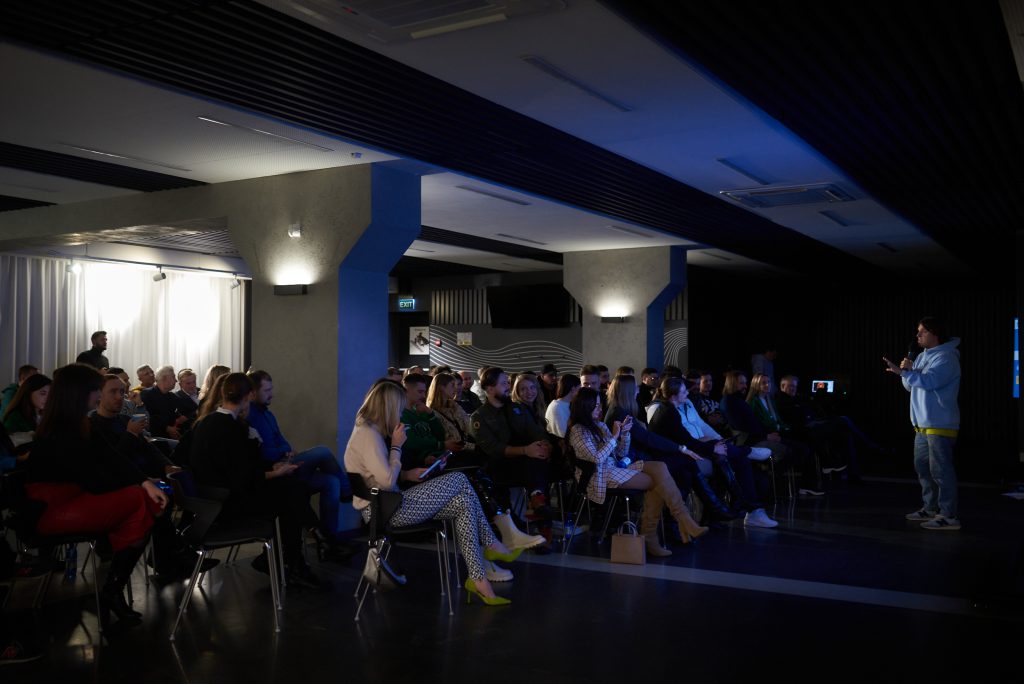
Charity auction lots were:
- the work “History of the Ukrainian State” by Roman Pinyazhko signed by the author;
- Wine from the Surviving Wines series. The bottle survived after a Russian missile hit a large logistics complex near Kyiv;
- a raincoat from the New York running marathon from TV and radio presenter Anatoliy Anatolich;
- painting by the artist Sonya Morozyuk;
- a tube from an artillery shell provided by the Serhiy Prytula Charitable Foundation.
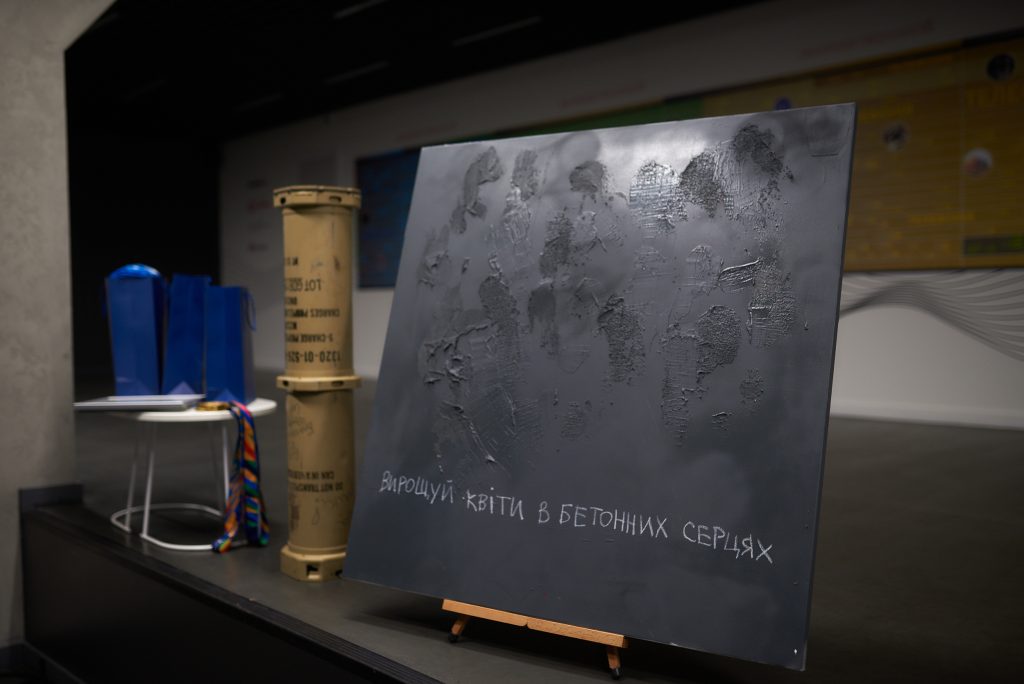
Three speakers shared their wealth on the way to overcome the fuckups, and we are sharing with you.
DMITRY SHYMKIV, EX-GENERAL DIRECTOR, MICROSOFT UKRAINE, MEMBER OF THE SUPERVISORY BOARD OF THE UKRAINIAN START-UP FUND AND KYIVSTAR ON SELLING IDEAS AND CULTURAL STEREOTYPES
All the businesses I worked with started with a garage, and then grew and became Microsoft, Kyivstar and Darnitsa.
Dmitry Shimkiv explained right away so that each of the startups understood that a big business is built from something small, made on the knees. Everyone is waiting for the path of learning from their mistakes, but it is better to learn from others.
When I first started working, I worked in Denmark for a company that I later sold mine to. The company was engaged in the development of software related to the production of cars. Every car is made to order, even if you think it’s standard. So, on Friday night during the party, I need to do a little update for the Audi. First there is a small transaction, then an update of the statement, I make a commit and I understand that I just desecrated 25 thousand cars.
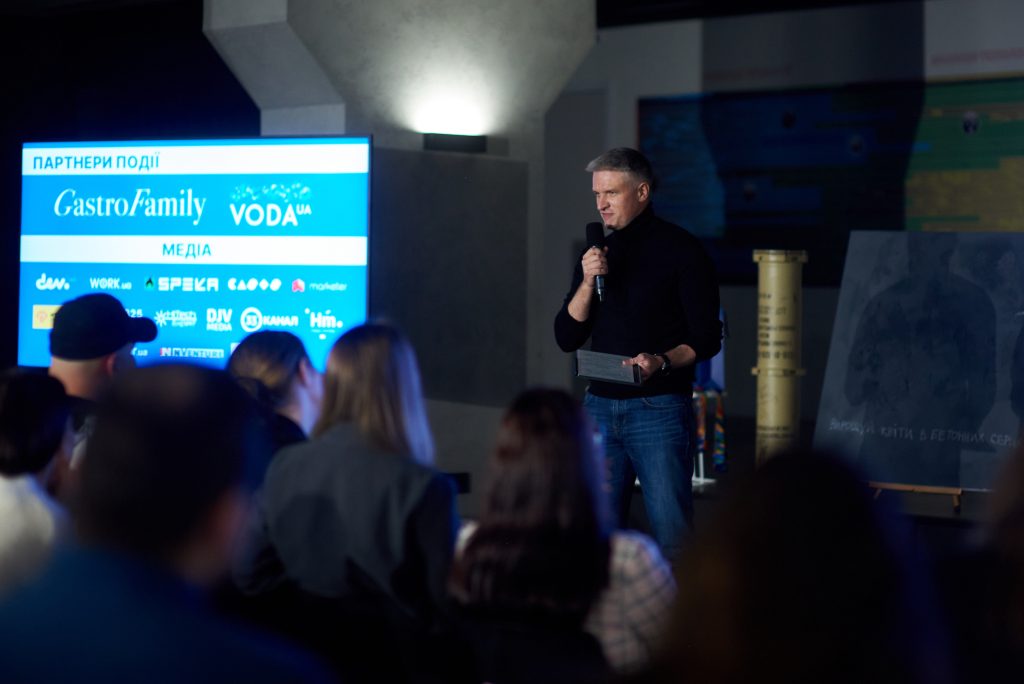
For understanding, Dmitry added that any misconception is worth the complete destruction of the car. And the whole company spent the whole weekend working on their orders and restoring orders one by one.
This taught me that if you are working with critical systems, it is desirable that you have one more eye to see what you are doing and help you understand your mistakes.
The second fuckups came from Rocket Science. According to Dmitry, Ukrainian programmers have a peculiarity: if they are given a task, they must do it better, with recursion, and also in such a way that no one understands.
After passing such a code, support will call you and ask you to fix the code, which, except for this person, no one can fix. So always remember: when your code will be edited and read by other people. It is better to write effectively, of course, qualitatively and do not forget to add comments.
If you work with the international market, or you have employees or partners from other countries, study their culture. This is the main message of Dmitry Shimkiv.
Working with ORACLE, we had a fakup with the Indians, because we didn’t know that when you ask them closed questions, they always answer “Yes”. So a lot of time was wasted on misunderstanding. The same thing happened to the Japanese while working for Toyota. We were given a special guide on how to work with the Japanese. So one of the representatives was poured out a copy of the book, and the other is too active and cheerful. As it turned out, he lives in Japan, but grew up in Brazil. It was this that shaped his behavior and values. Therefore, never use stereotypes in relation to people in your work.
Using his examples, Dmitry shared valuable tips that work with any business:
- Do not get carried away with projects, but fix everything on paper with legal value.
- Don’t compromise yourself by hiring new staff. Always be 100% confident in the candidate, otherwise you will spend much more time looking for a new employee.
IGOR BELOV, CO-FOUNDER LOGICS7 ABOUT JOINT WORK OF HARD AND SOFT TEAM
During my life, I came to business due to a series of trials and failures – I started to deal with LED lighting and met hardware engineers: electronics engineers, designers, lighting engineers, designers. I realized that a team of people is capable of creating a very cool product. Especially since we use them every day. In our case, the best industrial LED lamp in Ukraine was created.
But, according to Igor, the salary of such specialists was very different from the then IT specialists. While a cool electronics engineer was making a lot of money up to $1000, outsourced programmers already had $2-5 thousand per month.
When I received an offer to enter IT and create a product at the intersection of hard and software, Logics7 co-founder Dmitry Suponev and I faced several problems:
- we had two different teams that could not connect with each other in any way
- we didn’t have a clear idea of what exactly we want to create
- we had a different vision about building a business and paying employees
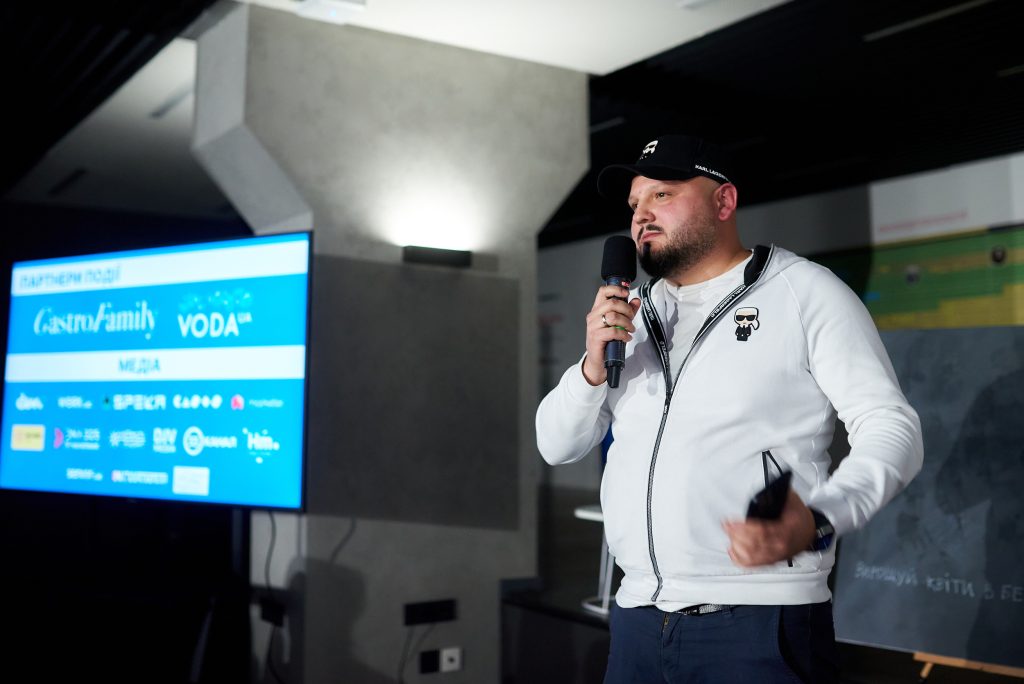
The first thing Igor did was turn to old contacts and found a pain that needed to be solved – the creation of tank simulators.
Then we took on this first project – the creation of simulators for armored vehicles. The project included the creation of tank cockpits and software for teaching how to operate armored vehicles. We positioned ourselves as a software company, so the partners took over the hardware. But it so happened that, having signed the contract, all responsibility was only on us.
When it came time to hand over the project, it turned out that there was no place to implement the finished software, so Logics7 took everything into their own hands.
After analyzing the problems, we attracted an additional resource and began to diversify deliveries, buying three times more expensive in order to reduce the time and reduce risks, since the missing penny component in electronics often blocks work. Set priorities, build a sequence of actions. As a result, we managed to finish the work on time 20 minutes before the arrival of the acceptance committee.
Having this experience, Igor Belov voiced a number of tips that will definitely reduce the likelihood of a fakup:
- You can not divide the team into hard and soft, the team must work smoothly together from the very beginning. This will make the product whole.
- The salaries of software engineers and hardware engineers should be commensurate, since the skills of low-paid hardware engineers will definitely sag either in expertise or in the internal organization of processes.
Since the beginning of the war, having raised the old developments, we managed to form such teams and take into account the mistakes made in the past. Now we are releasing a fire training simulator, which is a symbiosis of hard in the form of weapon mockups with electronics that fully correspond to the real one in appearance and weight and size characteristics, as well as software that takes into account mathematics, ballistics, weather conditions and various combat scenarios. We managed to develop modules for almost all types of weapons for training in simulation mode, which allows fighters to train today without spending ammunition, which is extremely necessary in today’s war mode, especially heavy weapons.
TARAS POTICHNiY, EX-BOLT, VP OF EXPANSION IN LIKI24, ON TAXES AND REGULATORS THAT EASILY DESTROY BUSINESS
Taras, like no one else, knows everything about fakes when entering Western markets, because this year Liki24 entered the international market. Relevant experience made it possible to identify pitfalls that need to be taken into account and for which one should be prepared when planning a relocation or expansion and being happy to share them.
The first thing I advise is to clearly define which countries you are going to target your products or services. Of course, Poland immediately comes to mind, because now there are a lot of Ukrainians there. Next, you think about countries that you just like: small, comfortable, pleasant. However, this is where the first mistake lies. When choosing a country, make a qualitative analysis: competitors, market potential, whether this market will be clear to your team. Choosing, for example, Brazil, every day you will have to cross the stone of the language barrier, the time zone, social things that will be very difficult to understand.
The second thing that Taras Potichniy recommends is to study the country’s legislation and find out how and by whom the business will be regulated and what regulations it falls under.
We have a history connected with Romania. One day, a dissatisfied customer turned to the Consumer Protection Service. Two days later, we received a letter where the companies were given 3 days to physically appear at the office of the service. If you do not come, the regulator will decide this issue in the future and may lead to complicated legal consequences. If your service collects sensitive information about users, this imposes large obligations, failure to comply with which implies serious liability and heavy fines.
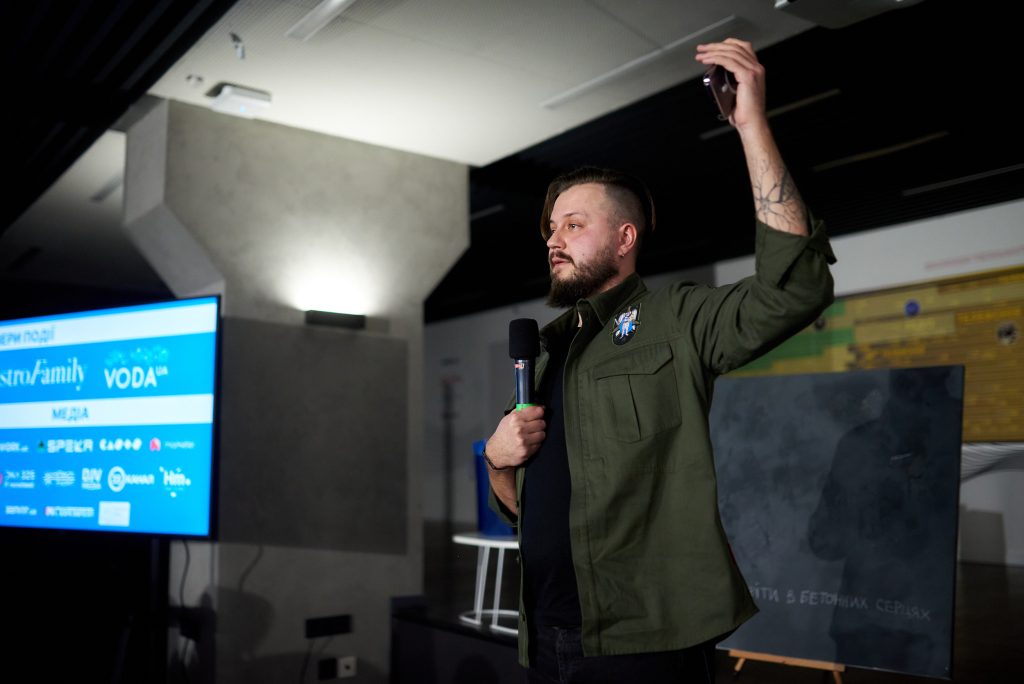
Liki24.com’s Vice President for Expansion advised not to abandon all created networks for collecting information and close all test sites, because over time they can bring problems similar to the Romanian fuckup.
The next step is the team. Working without the involvement of a local team always leads to a number of problems. Lawyer, accountant, marketer, all this fashionably outsources. But a truly local manager who will run your business cannot be outsourced.
In addition, Taras Potichniy advises to thoroughly study the tax system, because simply dumping money on cards and paying FOPs will not work.
Labor legislation in the EU is clearly regulated. You will have to open a local company, account and take into account the associated costs and taxes. Be sure to calculate everyone, put them in the financial plan, otherwise you will cost a pretty penny.
If you still have doubts about entering international markets, then Taras recommends asking, being interested, looking for different cases and learning from the fakes of other people.




